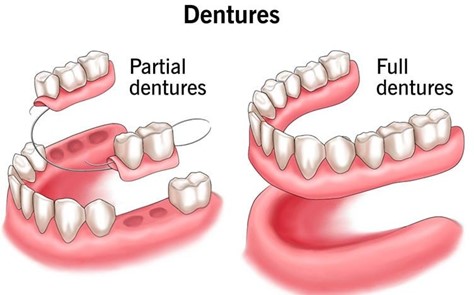A nurse is caring for several clients on a medical-surgical unit. Which of the following client care situations requires the nurse to complete an incident report?
The nurse disagrees with the nurse manager about inadequate staffing.
A staff member has not arrived at the facility to work an assigned shift.
A client tells the nurse that his dentures are missing.
The nurse discovers that the client does not have advanced directives.
The Correct Answer is C
An incident report should be filed whenever an unexpected event occurs. The rule of thumb is that any time a patient makes a complaint, a medication error occurs, a medical device malfunctions, or anyone— patient, staff member, or visitor—is injured or involved in a situation with the potential for injury, an incident report is required ⁴. In this case, the client's missing dentures would be considered a complaint and would require the nurse to complete an incident report.
The other options do not require an incident report. Disagreeing with the nurse manager about inadequate staffing [a], a staff member not arriving at the facility to work an assigned shift [b], and discovering that the client does not have advanced directives [d] are not situations that would require an incident report according to the information provided in my sources.

Nursing Test Bank
Naxlex Comprehensive Predictor Exams
Related Questions
Correct Answer is C
Explanation
The correct answer is Choice C.
Choice A rationale: A client who had a blood transfusion and has a blood pressure of 138/76 mm Hg. This client is stable. The blood pressure is within normal range, indicating that the client is not experiencing a transfusion reaction, which could cause hypotension. Therefore, this client is not the highest priority.
Choice B rationale: A client who has skeletal traction for a femur fracture and reports incisional discomfort of 4 on a scale of 0 to 10. While pain management is an important aspect of client care, a pain level of 4 indicates that the client’s pain is manageable. Therefore, this client is not the highest priority.
Choice C rationale: A client who is 4 hours postoperative following a total hip arthroplasty and has a urinary output of 15 mL/hr. This client is showing signs of oliguria, which could indicate a serious complication such as hypovolemia or acute kidney injury. This client is the highest priority because these complications can lead to further serious issues such as shock or end-organ damage if not addressed promptly.
Correct Answer is A
Explanation
The response by the accused nurse that demonstrates assertiveness is "I feel as though I met the standard of care. Would you tell me more about your concerns?" This response shows that the nurse is confident in their actions and is willing to listen to the concerns of the other nurse in a respectful and professional manner.
Option B is incorrect because it is defensive and does not address the concerns of the other nurse.
Option C is incorrect because it does not demonstrate assertiveness or confidence in the nurse's actions.
Option D is incorrect because it is confrontational and does not address the concerns of the other nurse in a respectful and professional manner.
Whether you are a student looking to ace your exams or a practicing nurse seeking to enhance your expertise , our nursing education contents will empower you with the confidence and competence to make a difference in the lives of patients and become a respected leader in the healthcare field.
Visit Naxlex, invest in your future and unlock endless possibilities with our unparalleled nursing education contents today
Report Wrong Answer on the Current Question
Do you disagree with the answer? If yes, what is your expected answer? Explain.
Kindly be descriptive with the issue you are facing.
